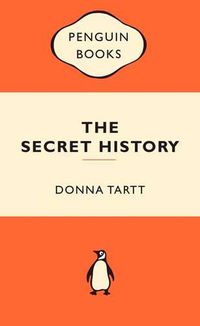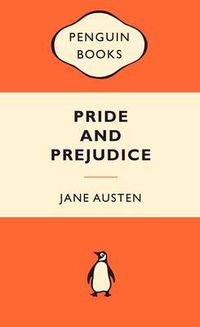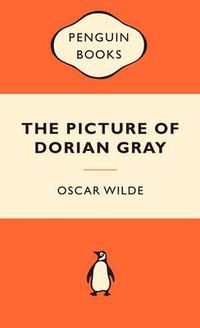One of the highlights of the past month for me was hearing indigenous journalist Stan Grant talk about his new book, Talking to My Country at one of our events. Grant is a remarkable and charismatic communicator; he is able to convey what it is like to be black in an overwhelmingly European country, to suffer a thousand cuts and small indignities. His strength is that he does this without bitterness or rancour; there’s some anger but, above all, there is resolve that we can, with good will, become a better society. In the audience was Professor Marcia Langton, who holds the Foundation Chair in Australian Indigenous Studies at the University of Melbourne. It was Langton who encouraged the young Grant to enrol in university and cross ‘a threshold that no one in [his] family had previously even imagined.’ It was moving to see them embrace at the conclusion of the event and then to see Langton introduce Grant to two of her young PhD students, still playing the encouraging role with students that she did with Grant. The murmur in the audience was, ‘When will this person go into politics? We need people like Stan.’ Take a look at his book; it’s something we should all read.
You can also see Grant at Clunes Booktown Festival on Saturday 30 April. If you haven’t been to Booktown I can highly recommend it.
At our event with Grant we asked people to consider donating to the Indigenous Literacy Foundation (ILF); the generosity of the audience was heartening and we collected $1100. Last month I was invited to a meeting of the ILF’s board and their ambassadors. I was impressed by the enthusiasm and dedication of the organisation. The ILF was founded in 2005 by Brisbane bookseller Suzy Wilson with the core aim of drawing upon the skills and expertise of the Australian book industry to address literacy levels in remote Indigenous communities. Through its Book Buzz program it provides preschool books to remote communities, schools, kindergartens and reading groups; these include books the ILF has published in language and those it also offers in translation. All the books are selected by experts in Indigenous education to ensure that they are interesting and age-appropriate. This year the goal is to gift 40,000 books. In its short lifetime, the ILF has delivered over 150,000 books to about 230 remote communities nationally.
Other ongoing projects are its Community Literacy Projects where ambassadors, such as children’s author and illustrator Alison Lester, work with local children to produce books and stories. The most recent publication is the charming picture book No Way Yirrikipay!, which is the result of collaboration between Alison Lester and children from the Tiwi Islands. Part of this is an aim to fund research into Indigenous literacy by supporting Indigenous PhD students working in this area. Impressively, the ILF has achieved all this without any government funding and with the help of a few dedicated staff and wonderful ambassadors. But it is the support of publishers, booksellers and readers who have provided the funds to make it happen.





